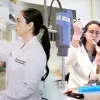Tec Guadalajara researcher Daniel Jacobo has been granted a patent by the Mexican Institute of Intellectual Property (IMPI for its initials in Spanish) for a procedure to reduce fruit and vegetable waste so that it can be converted into food supplements.
This innovative project led by the academic from the Tec’s School of Engineering and Sciences (EIC for its initials in Spanish), provides an alternative methodology to genetic engineering for processing fruits and vegetables.
It involves modifying the metabolism of plant tissues to make them produce antioxidant compounds that help prevent different types of diseases.
The research was recently patented and will be applied to fruit and vegetable waste so that it can be used later in the industry.
In particular, the compounds that have been enhanced by this method could have properties that prevent or help treat diabetes, obesity, hypertension, and cancer.
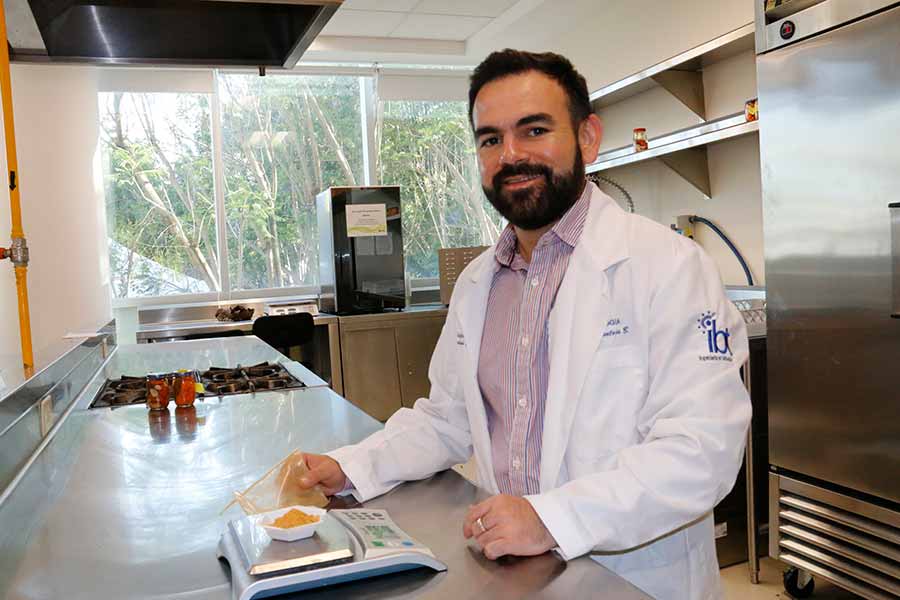
Replacing genetic engineering
The patented method involves physical treatment, which means manipulating the temperature, storage time, and cutting method for the food
“We mainly work with potatoes,” Jacobo said. “When you cut a potato, the tissue is still alive, and it continues to have metabolic activity. It gets stressed, so in response, the vegetable produces antioxidant compounds.
“It’s like torturing the vegetables so they start producing compounds that can defend the tissue from what we’re doing to it,” he said.
The type of compound that will accumulate will depend on how the tissue is stored:
- Cryptochlorogenic acid has antioxidant and anti-inflammatory properties
- Neochlorogenic acid has fat-burning properties
- Chlorogenic acid has antioxidant properties
“So, if we store it at 20 degrees, it will accumulate a different isomer than if we store it at 0 degrees. If we leave it for 140 hours, a different isomer will be present than if we leave it for more or less time,” said the researcher.
He added that the accumulation of very specific isomers of chlorogenic acid is therefore achieved by using only metabolic engineering in plants, without genetically manipulating them.
“We use it as an alternative to genetic engineering because we do these abiotic stress treatments when the crop has already been harvested,” he explained.
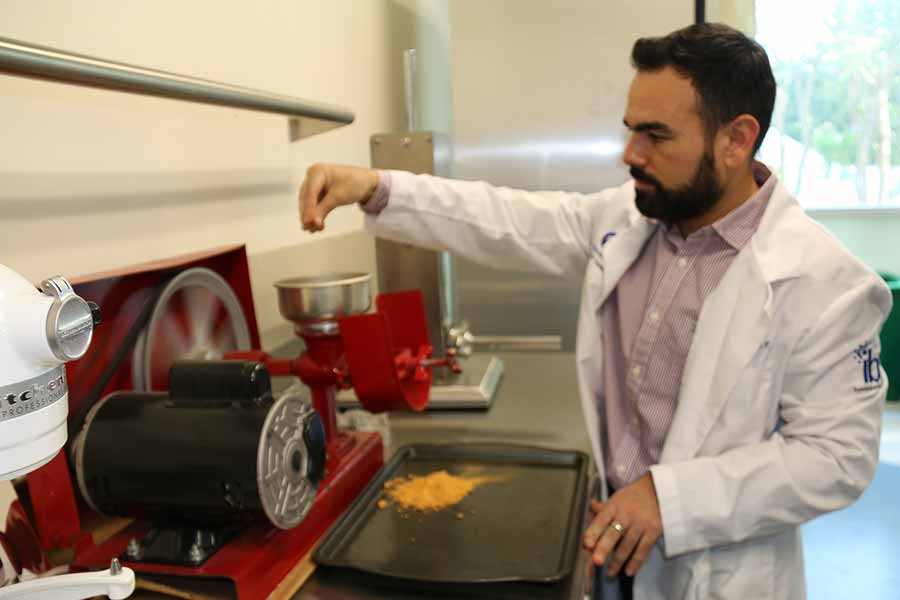
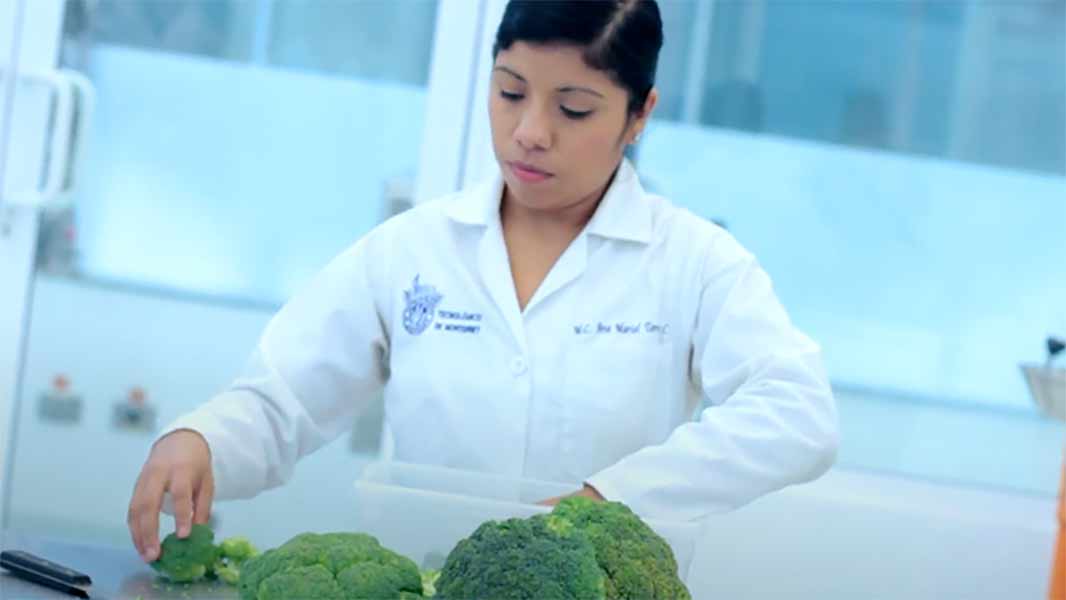
Research for improving health
This research was conducted together with Ana Mariel Torres, as part of her master’s thesis, under the supervision of Professor Daniel Jacobo and in collaboration with Luis Cisneros Ceballos, from Texas A&M University.
The academic said that this initiative creates a use for food that is considered waste, to obtain compounds that help improve the health of Mexicans.
“It’s an alternative use for crops that no longer meet quality standards... It’s beneficial to the country’s farmers and food producers,” he said.
“The stressed tissue with a very high concentration of compounds can be used as an ingredient in food, or the compounds can be extracted and processed into food supplements,” Jacobo explained.
“It’s very satisfying. It’s a guarantee that the research is innovative and creative.”- Daniel Jacobo.
Innovation in science
“It’s very satisfying that they granted the patent after we went through all of IMPI’s application procedures. It’s a guarantee that the research is innovative and creative,” he said.
He also said that the goal is to transfer this technology to the fresh food industry, and he is currently in negotiations with companies to make it possible.
“It won’t do any good if it stays on paper as a granted patent. Now, we’re focusing on how it can be implemented and used in the industry,” he said.
This experience has an impact on the learning of Tec Guadalajara students, as they can learn first-hand the details of research such as this one.
“When the students know that the course professor is the same one who conducted the research, it gives them credibility and is very positive for their learning process,” he said.
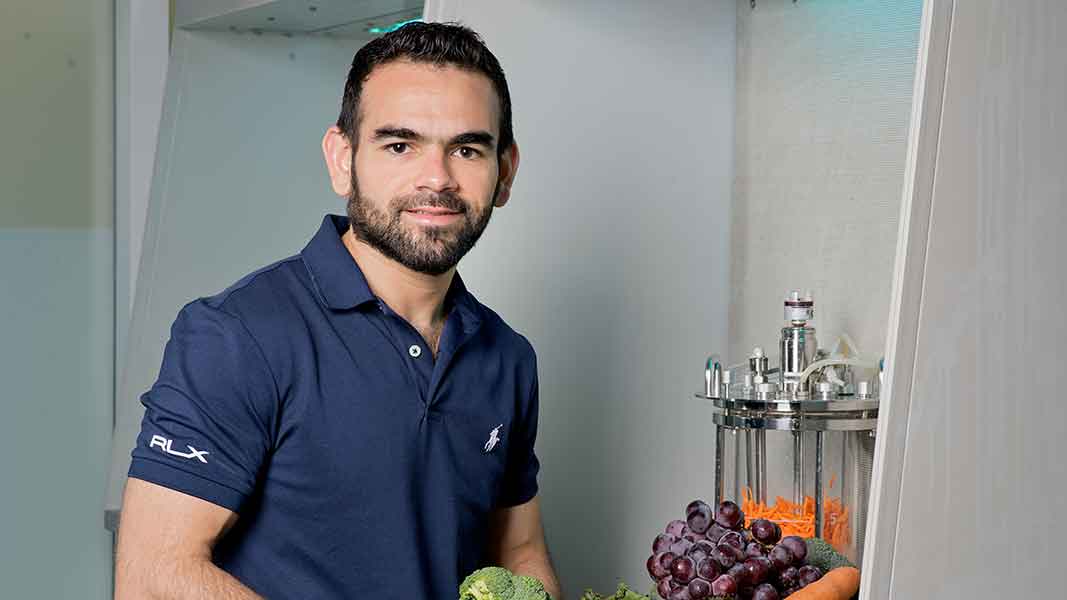
Continuing research and development
This project was sponsored by the FEMSA Foundation and funded by CONACYT. This patent is also co-owned by Texas A&M University.
Currently, Daniel Jacobo has other patent applications in process, so this achievement has motivated him to continue his research.
“This is the first patent that has been granted to me. Finally having it helps me to continue working and protecting what we do as researchers,” he said.
Now, Jacobo will work on the development of technology related to smart food, which will help prevent obesity and other related comorbidities.
The projects he is working on are part of the recently created Institute of Obesity Research at the Tec.
ALSO READ:




